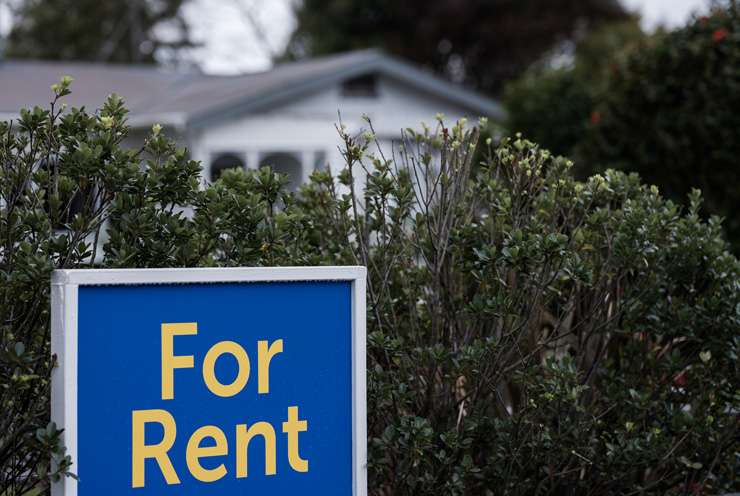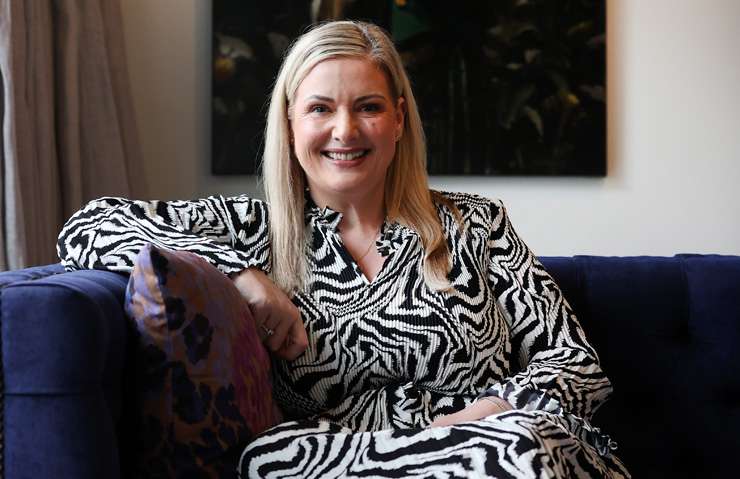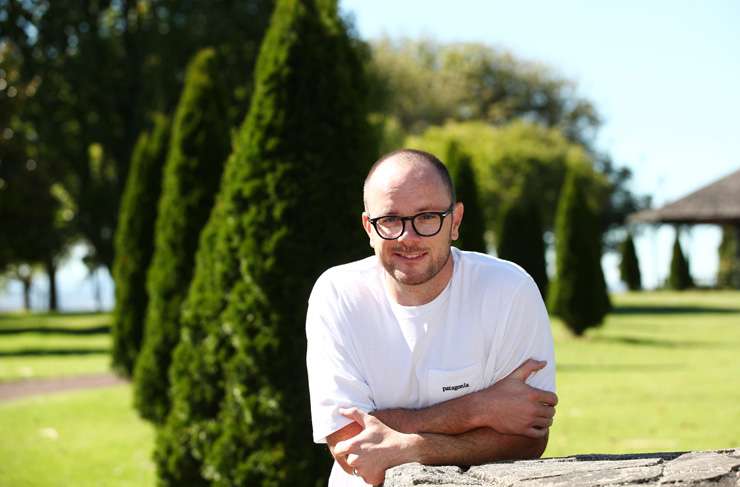Property and insurance experts believe landlords could come out ahead if they hand their rental properties over to Kāinga Ora for public housing.
They cite guaranteed rent at market rate and the ability to reduce the tax bill as drawcards for long-term landlords desperate to offset rising costs.
Reports show the government is specifically looking for newer four-bedroom-plus houses in the main urban centres such as Auckland, Wellington and Christchurch to house larger families.
But experts warn there are pros and cons to renting to Kāinga Ora, and landlords should explore their options including whether they can get insurance and how long they plan to hold the property for before signing up.
Start your property search
Of Kāinga Ora’s yearly rental income of $1.6 billion, $54.9 million goes towards renting properties from external landlords who help beef up its public housing stock by about 3% as the government works to address the shortage of public housing across the country, according to information released to OneRoof under the Official Information Act.
Kāinga Ora currently rents 2153 properties from private owners and 27 from community groups for customers as it continues to build new houses, revamp existing ones to make them warmer, drier and healthier, put homes in an area that has high demand for public housing but doesn’t have any or when it is leasing on behalf of another government agency or community group.
Kāinga Ora national services general manager Nick Maling said, as part of the OIA response, that these private rentals provide both short and longer-term solutions with lease agreement terms varying from three to 15 years and some offer further right to renewal. A two-bedroom Auckland property is the longest property on its books and has been rented by the agency for 23 years, documents reveal.
The public housing provider currently requires at least a five-year lease for new builds and new acquisitions, but has reduced the length required for existing properties and existing Kāinga Ora landlords.

There is a shortage of rental properties for public housing tenants. Photo / Ted Baghurst
Kāinga Ora director of asset services Andrew Booker said the properties it leases fluctuates depending on what is happening with its building programme, but one of its priorities is providing houses with four or more bedrooms for bigger families in the main urban centres.
“There is a housing shortage in New Zealand full stop. It encompasses all forms of the market, particularly affordable and public housing.”
Almost a quarter or 53 of 225 of Tauranga’s public housing is leased stock, while it currently makes up just over 7% in Hamilton and Wellington City, 4.8% in Christchurch, 4% in Auckland and less than 1% in Porirua and Lower Hutt.
In Rotorua just one property of the 680 properties managed by Kāinga Ora is sub-let. There are only 13 Kāinga Ora-managed social houses in Queenstown and all are government-owned.*
Kāinga Ora is also more likely to lease newer homes built after 2010 that meet its specification and maintenance standard and are compliant with legislation such as the Healthy Homes Guarantees Act, Booker said.
Kāinga Ora won’t provide the specific amount of rent paid on each property citing commercial sensitivity, but a registered valuer determines the rent and the annual increases are based on CPI or a flat percentage increase.
“In short, we pay the same rate anyone else would,” Booker said.
Property Brokers general manager of property management David Faulkner said there are pros and cons to leasing a rental property to Kāinga Ora, but in the current market it did seem like a smart move and one he expected to see more long-term landlords to make as they tried to offset the rising interest rates and inflation.
Under the next interest deductibility scheme landlords who rent to public housing providers are exempt, which Faulkner estimates could reduce their tax bill by about $5000 and $10,000 – something those renting to private tenants will not be able to do soon.

Umbrella Group mortgage adviser Sara Hartigan: “It takes all the hassle and stress away.” Photo / Fiona Goodall
“The only issue you have is the risks that come with social housing tenants, but if Kāinga Ora is guaranteeing they are going to bring the place back to reasonable condition the risks are reasonably low,” he said.
“If you’re pretty confident that you’re going to keep hold of that property for an extended period of time, whether it’s 10 years, 15 years and it’s going to help fund your retirement, then it’s potentially a very wise strategy.”
Umbrella Group mortgage adviser Sara Hartigan said Kāinga Ora is always looking for new properties to rent as they have a “massive shortage”.
One of the main drivers for renting to Kāinga Ora is the guaranteed rent, the high standard the houses are handed back in and the frequent inspections.
But anyone considering signing up needed to view it as a long-term strategy and not want to sell in the next few years.
“So, if I had mum and dad coming to buy one with me, I would be like OK you are now 40 / 45 – as well as your KiwiSaver this is your retirement plan. So, let's put it in our minds that this is a 10 / 15 / 20-year option.”
One of her clients has eight properties rented out to Kāinga Ora, who manages the process.
“It takes all the hassle and stress away from it.”
Ray White Manukau co-owner Tom Rawson said Kāinga Ora is “pretty picky” over the type of property it rents so landlords shouldn’t assume that they will be able to rent to them as they like houses that are warm and dry, have designated living and dining areas, off-street parking and gardens.
“If you’ve got a do-up property that is neglected and thought I’m going to give this to the government, they are just going to say no.”
His agency sold between six and 12 properties a year that had existing leases in place to Kāinga Ora and despite having a much smaller buyer pool due to only being suitable for investors still got snapped up.
“People seem to like it because it’s guaranteed rental income. It’s kind of a set and forget investment for a property owner and instead of dealing with a tenant that leaves every six to 12 months they don’t have to go back to the property for 10 years so they are quite desirable.”
Because Kāinga Ora paid market price and signed long-term agreement being place, landlords didn’t have to worry about missing out on any rent.
“Whereas I think you’ll find if you ask property management companies, hey look out of all your properties you manage what’s your average annual occupancy and they would probably say 50 weeks out of 52. So, you’ve got two weeks missing rent, which in Auckland say the average rent is $650 that’s $1300 bucks a year for each property that’s missing because it’s empty for two weeks of a year.”
However, Hamilton-based Lodge Real Estate salesperson Blair Pointon has had a different experience selling properties with existing Kāinga Ora leases in place and said they can be harder to sell and can fetch less money.

Ray White Manukau co-owner Tom Rawson: “People seem to like it because it’s guaranteed rental income.” Photo / Fiona Goodall
“It just limits your buyer pool when you go to sell. So, they are great, but if you have to sell during the time they are in there, it is at a discounted price essentially,” he said.
“... You’ve literally got to have an investor that is solely looking at the numbers as opposed to investors who go, I will only buy the investment property if I could live in it myself.”
Other issues that can crop up include getting insurance.
Insurance Council of New Zealand spokesperson Christian Judge said it can be difficult to get insurance for a property being used for social housing and often depends on a number of factors including on whether it is being used by a long-term tenant or as emergency housing.
Some of the challenges when writing the policy include not knowing who is going to be in and out of the property during the year and who will make the call over whether the damage is accidental or deliberate, he said.
“It can be difficult, but if people shop around, they usually can do it,” he said.
“I think most arrangements with Kāinga Ora work out OK, but just be really clear about where you stand and talk to your insurer early and thoroughly.”
* The percentages are calculated using the number of properties leased by Kāinga Ora as of May 31 when compared with the total number of properties managed by Kāinga Ora as of March 31, 2022 according to the latest publicly available information.


















































































